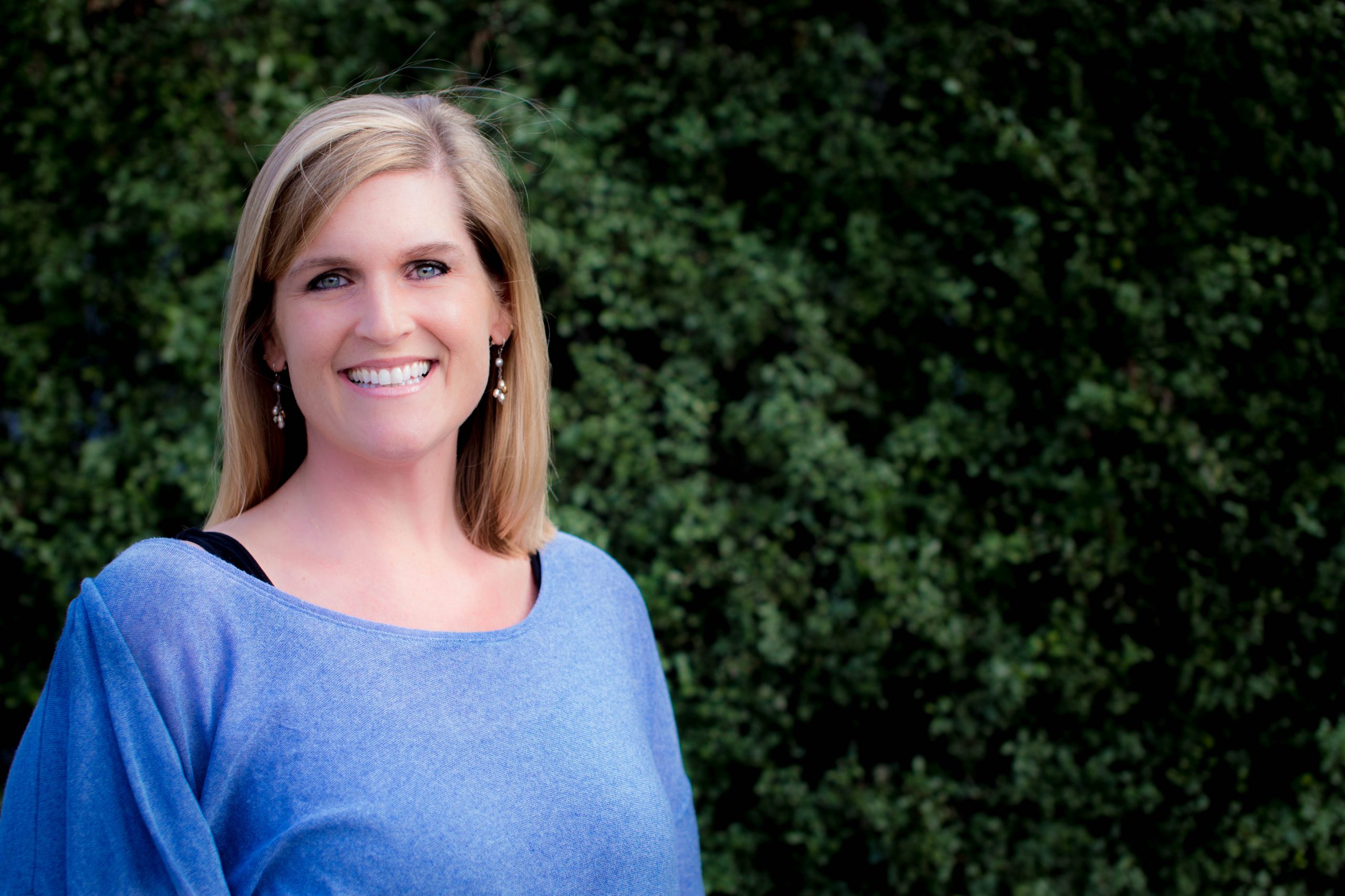New Book Work, Pray, Code: When Work Becomes Religion in Silicon Valley Investigates the Cult of Productivity
“What happens when work is the place where Americans find their souls?” The post New Book <i>Work, Pray, Code: When Work Becomes Religion in Silicon Valley</i> Investigates the Cult of Productivity appeared first on Tricycle: The Buddhist Review.

 Photo by Samuel Austin on Unsplash
Photo by Samuel Austin on UnsplashIt’s not lost on sociologist Carolyn Chen that the well-documented rise of corporate mindfulness initiatives continues to grow at the same time that employees are reporting more mental health challenges and attrition rates increase. Chen’s new book, Work, Pray, Code, published on March 8, spotlights Silicon Valley’s corporate mindfulness efforts in particular, which have been expanding while religious and social institutions have been in decline. Tech companies aren’t just offering yoga and mindfulness classes, Chen explains. They’re also presenting work as a religion itself. As the author and associate professor of ethnic studies at the University of California, Berkeley puts it, “Today, companies are not just economic institutions. They’ve become meaning-making institutions that offer a gospel of fulfillment and divine purpose in a capitalist cosmos.”
Tricycle caught up with Chen to learn more about how religion, work, and community are changing in the tech industry. Or, as Chen poses in the book, “What happens when work is the place where Americans find their souls?”
Alison Spiegel: Work, Pray, Code investigates two distinct but interrelated trends in the workplace: that companies are providing spiritual support for their employees and that work has become a spiritual practice. Can you talk about the roots of these two trends?
Carolyn Chen: What we see in the last forty years is a pretty pronounced shift in the number of hours that our professionals are devoting to work. We see that change really happening in the late 70s and the early 80s, and 90s, and they’ve essentially persisted since then. So today we don’t notice it as a shift but see it as normal. On the other hand, we see a large-scale decline—that we can date back to the 1960s—in religious affiliation and participation. Importantly, religion fits into the larger container of civic participation: belonging to neighborhood associations, the Rotary Club, your church, your temple, sports leagues, etc. Fifty or sixty years ago, where did Americans look for identity, belonging, meaning? It was usually in their faith communities. But now we see that they are looking for this in their workplace.
Meanwhile, what’s happening in the world of work is a shift in the economy with American firms needing to up their game in order to compete in this global marketplace, and also the deindustrialization of the United States and the rise of the knowledge economy. Work now demands more of professionals’ time and energy. The struggle between work-life balance is a familiar story, but what we hear about less is that companies have also changed in terms of fulfilling more and more of their workers’ needs—and increasingly their spiritual needs. There’s a sense that if they can take care of all of their workers’ needs, it actually helps workers become more productive, engaged in their workplace, and loyal to the company.
AS: For those who aren’t working at the kinds of corporations that are aiming to fulfill the spiritual needs of their employees, can you give an example of what this looks like?
CC: First it was yoga, now it’s meditation, and I’m actually doubtful that’s going to last. I think that there’s going to be a new fad. But the religion is actually the religion of work, and predates all of this. It doesn’t actually matter if a company is offering meditation and mindfulness. Every Fortune 500 company now has the basic elements of a religious organization. They have a mission, an origin myth, practices, ethics, and many of them even have charismatic leaders—elements of having a sense of meaning and purpose.
AS: What’s gained when one’s workplace fills spiritual needs and employees start seeing work as a religion?
CC: What’s fascinating is that many people told me that they became more spiritual because of work. They described themselves as becoming more whole. Some people said, “I learned to be myself,” or, “I feel more connected.” When I’d ask people, “Where do you find belonging outside of work?” so many people told me the same thing: “community here is a challenge.” Where were they going to find community outside of work? It was clear that there was a scarcity of that. The workplace provided meaning and purpose more efficiently and more conveniently than any other institution. Add on top of this that people in Silicon Valley are devoting most of their waking hours to work, so they really don’t have time to be a part of other communities.
AS: And what’s lost?
CC: Well, for one thing, companies aren’t families, they’re not faith communities. As soon as you’re not able to perform anymore or you’re not as productive, you’re let go. So that unconditional love or belonging is kind of this fiction. And when companies use words like “devotion, love, purpose, and authenticity”—words that really belong in spaces like your community, friend group, or neighborhood where love might be unconditional—employees’ love and devotion to work becomes unconditional. When I interviewed people who kind of had a crisis of faith where they discovered their company lied to them or wasn’t as ethical as they thought, it really broke people because they had this faith.
So personally there are things to be gained or things to be lost. But as a sociologist, I’m more concerned about what there is to be lost in terms of our society. In the last chapter I call Silicon Valley “Techtopia” — a place where work becomes the highest source of human fulfillment. And it’s like a huge magnet that’s really strong, pulling all of the time, energy, and devotion of the community toward it while all of these other social institutions like family, religion, neighborhoods and communities become less powerful. What ends up happening is they essentially have to go and serve the workplace.
AS: What does it look like for a religion or religious institution to cater to or serve the workplace?
CC: In my book, I share the story of a Zen priest who talks about how membership in his zendo has been declining because the members are just working so hard. So he said, “Why don’t I bring meditation to the workplace?” But he didn’t want to tell people he was a Buddhist priest because he thought that it would be too complicated. This was something I heard repeatedly among the people that I interviewed. One person put it this way: she was told not to use the “B word” in her teaching.
I also heard about a time pressure from so many people, where first [they had to teach mindfulness] in one hour a week, then it became 30 minutes a week, then it became 15 minutes a week, then it became, “We’re just going to give people an app.” . . . There’s so much wisdom in Buddhism and so many other faith traditions that cannot be proven by science, right? It just cannot be measured and doesn’t fit within metrics and data. All of that gets thrown out.
So many teachers that I interviewed were uncomfortable with having to take out the ethical teachings of Buddhism in order to bring meditation to the workplace. They weren’t hired to teach ethics. They were hired to make their employees more productive.
AS: Packaging mindfulness to fit productivity goals isn’t perfect, but is it better to meet people where they are than not at all? Is something better than nothing?
CC: I think that’s what a lot of people struggled with, and a lot of people justified, well, at least I’m offering this is efficient means, you know, that concept that essentially, this is a gateway, this is a door and I’m meeting people where they’re at.
AS: Why meditation at all? There was a time when these same practices inspired “dropping out,” not productivity at work.
CC: I would often wonder, why meditation? If you want a quick productivity tool, there are other things with proven benefits. Video games are supposed to make you feel more calm, gardening, sleep…Why were they teaching something that most people actually won’t be able to maintain? But in the earlier days, the “meditation entrepreneurs,” as I call them, were really concerned about meditation being associated with hippies. So they were really assertive about providing the science that actually helps you be more focused.
AS: How can these kinds of teachings have such diverse results? Being more productive at work versus dropping out of work entirely?
CC: I really think it has to do with the larger cultural environment where you essentially plant the meditation seeds. The people that I interviewed span the ages of 22 to 70, so I really noticed a huge generational shift. Almost everyone from Silicon Valley is not from there. So you had this migration that came in the 60s and 70s of people who largely came because of the counterculture. They were really interested in spirituality and expanding their consciousness. Work was really secondary. In the book I call these people the “mystics.” They formed communities, communes, and monasteries. For today’s “tech migrants,” as I call them, their community is work. They’re using meditation and mindfulness as technologies to make them more productive.
If you think about it, all religions are a form of technology, because they are altering the self in some way. Meditation is a form of altering one’s consciousness and one’s awareness. So we’re using these practices—which are so sophisticated in orienting or shifting our consciousness or bodies—to now shift workers’ consciousness into productivity.
AS: So how do you resist the magnet of “techtopia?”
CC: In my book I talk about this quote from the late writer David Foster Wallace who wrote, “Everybody worships. The only choice we get is what to worship.” So to me, the question is, how do we not worship work? I think the way we do that is actually by creating a robust public and civil society where we create and invest in other institutions that can shape our sense of desire and fulfillment, and that can give us new vocabularies to understand compassion, justice, or empathy.
Because we’ve allowed work to fill so much of our hearts, bodies, spirits, and communities, we allow the logic of work to then take over the way we see other parts of life. The workplace has colonized our sense of fulfillment. I think a lot of people might offer more individual solutions, like managing your time or getting a new job. But I say we need to look at this whole system. How do we build other institutions that can fulfill us? Because I don’t think workplaces are going to change—it’s not in their interest to.
AS: How did the pandemic change things?
CC: Even with the “Great Resignation,” people aren’t just quitting jobs. They’re finding new jobs. What many people are saying is that they want to look for jobs that are more meaningful. To me, there’s no change here. They’re still looking for meaning in the workplace.
People were actually spending more time at work. What other institutions were there during the pandemic? So even in this less connected world, work was still where people were the most connected. What did change was the workplace really couldn’t provide the same kind of social and spiritual benefits as they used to, because no one really wants to go to the happy hours on Zoom anymore. But it gives us a moment to look at the role of work in our lives. Do we want it to stay the same or do we want it to change? Questions asking, “Are we going to go into work three days a week,” or, “Are we going to do remote work?” are important. But I think that the more important question is, “Are we going to build other institutions, communities, spaces, or traditions where we can find fulfillment outside of work?” That, to me, is the more critical question, and could be the real game changer.
![]()

Get Daily Dharma in your email
Start your day with a fresh perspective

Explore timeless teachings through modern methods.
With Stephen Batchelor, Sharon Salzberg, Andrew Olendzki, and more
![]()
Thank you for subscribing to Tricycle! As a nonprofit, we depend on readers like you to keep Buddhist teachings and practices widely available.
This article is only for Subscribers!
Subscribe now to read this article and get immediate access to everything else.
Already a subscriber? Log in.
Carolyn Chen is associate professor of ethnic studies at the University of California, Berkeley. She is the author of Getting Saved in America (Princeton) and Work, Pray, Code: When Work Becomes Religion in Silicon Valley and the coeditor of Sustaining Faith Traditions. She lives in Kensington, California.

 MikeTyes
MikeTyes 




























.jpg&h=630&w=1200&q=100&v=f776164e2b&c=1)


